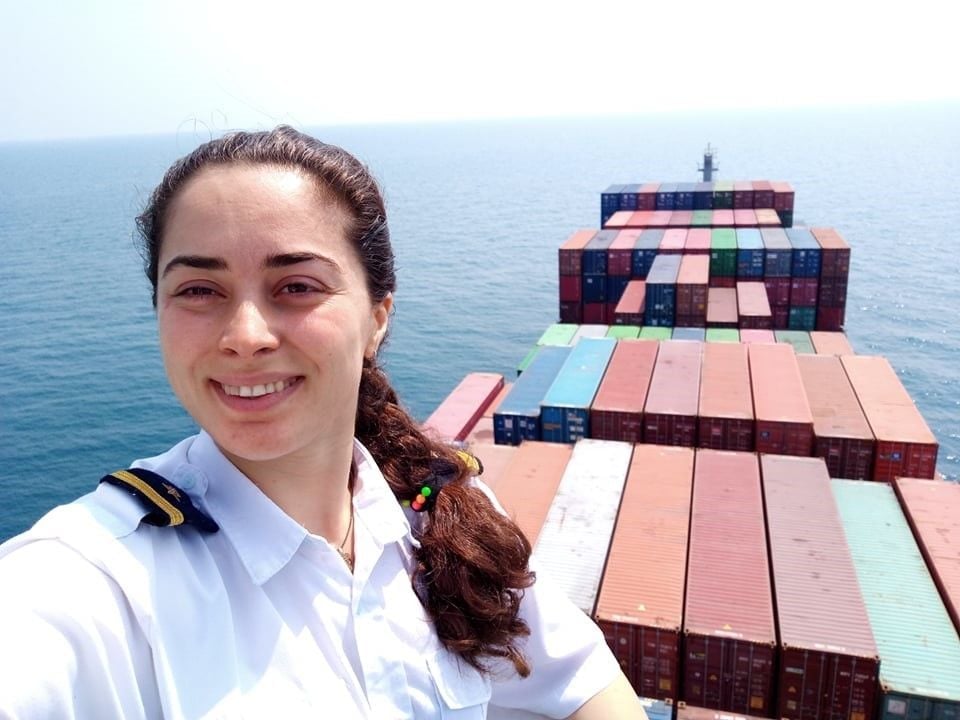
Seafarer Happiness: An Updated Review for 2025
Since our last review of the Seafarers Happiness Index in 2022, there have been some interesting patterns emerging in the maritime industry.
Read more
Gavin is a contributing writer to the Martide blog who covers topics ranging from life at sea to maritime crew management software. A native Brit who is now based in Auckland, NZ, Gavin is also an SEO expert and partner in a successful digital marketing agency that has offices in New Zealand and the United Kingdom.

Since our last review of the Seafarers Happiness Index in 2022, there have been some interesting patterns emerging in the maritime industry.
Read moreThe ATS was developed in the hopes of reducing the time and commitment required when a company is hiring. It helps in candidate selection, but the ATS also gives employers internal insight into their interviewing and hiring process.
Read more
Read this to find out the questions you need to ask yourself if you're thinking about developing a maritime career and working in a seafarer job.
Read more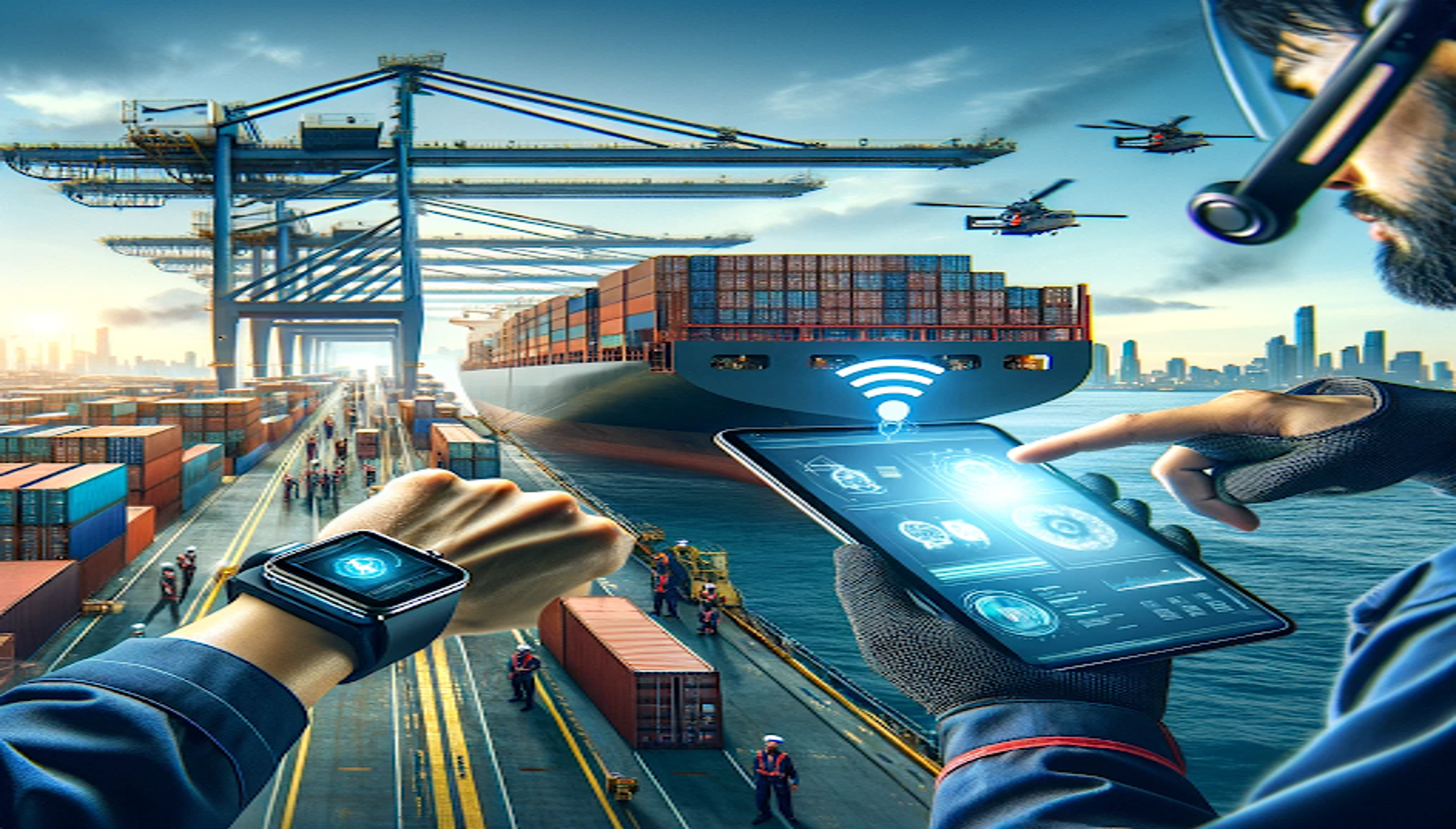
The term “smart” stands for Self-Monitoring, Analysis, and Reporting Technology. As the shipping domain adapts to this technological trend, we can look forward to improvements in terms of time management, higher output, and shipping efficiency.
Read more
Containers had a huge effect on the maritime industry in the '50s & now eCommerce is changing the future of shipping. Click here to find out how,
Read more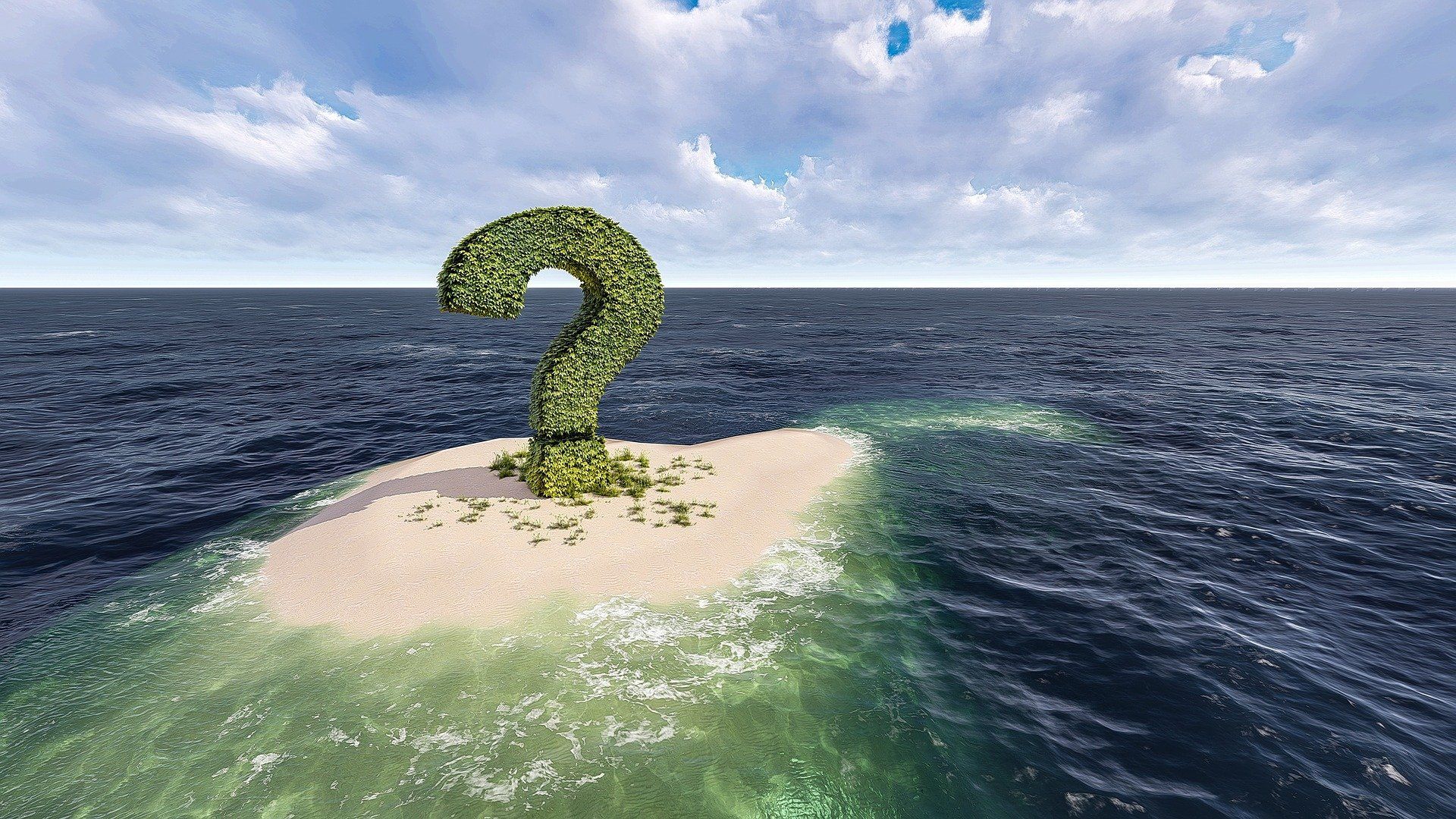
Have you ever wondered what does maritime mean? And what is the difference between marine and maritime - if any? At Martide we love anything to do with the ocean, vessels, and the maritime industry - and as anyone who reads our seafarer blog or our employer blog knows, we quite like words too!
Read more
20th of May is European Maritime Day (EMD) so we thought, what better time to looks at some stats and facts about the European maritime industry.
Read more
Read our 5 handy tips that explain how to avoid miscommunications and issues with coworkers and crew through better, clearer communication.
Read more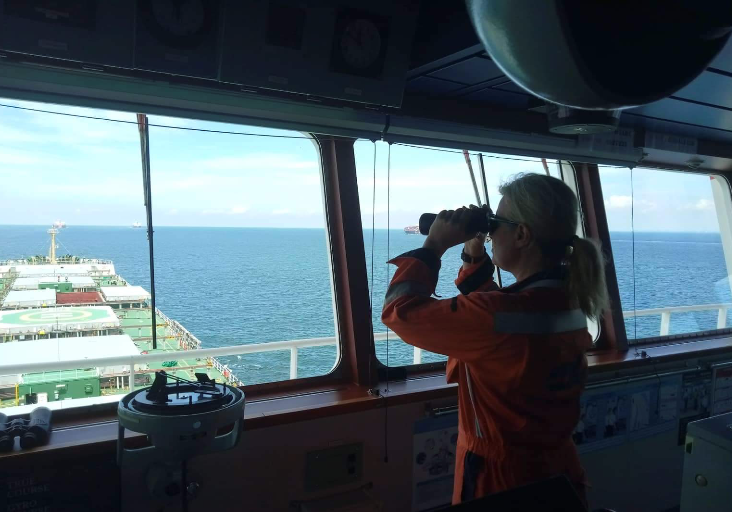
Women are gradually taking up active roles in the marine sector. But a lot has to be done—building a barrier-free workplace may sound a tad vague, but it is the action step international maritime institutions and organizations are taking.
Read more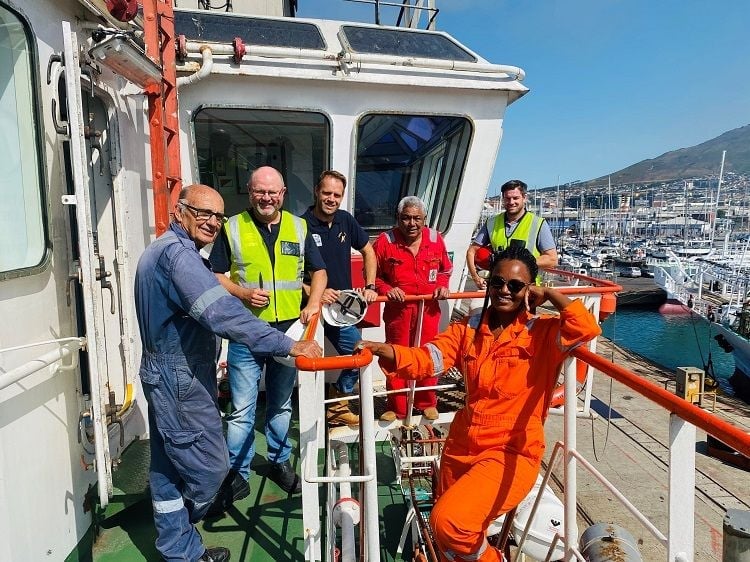
For an internationally competitive and massive industry, the maritime sector still has a thing or two to improve regarding genuine diversity and inclusivity
Read more